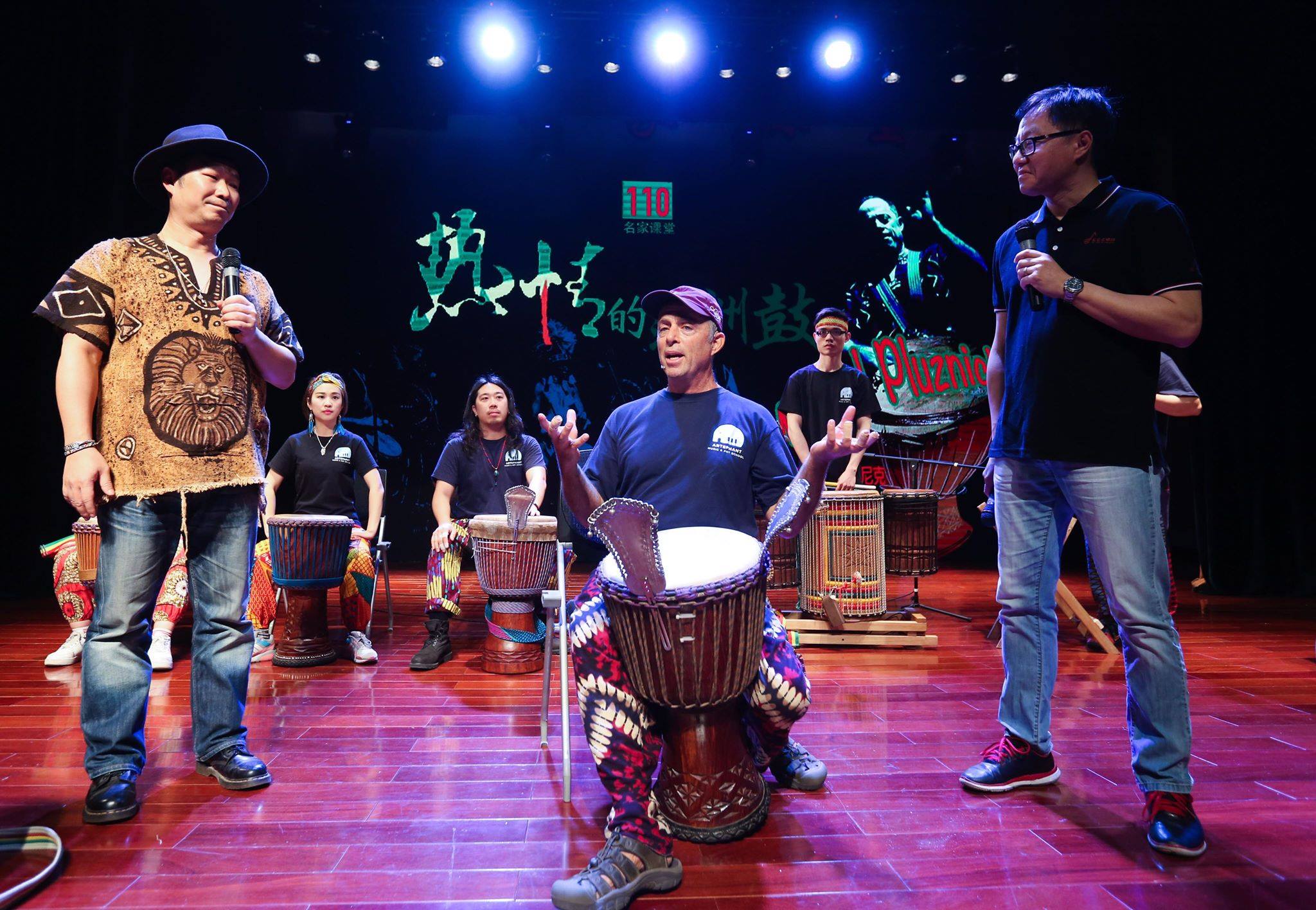When you are drumming there are ways to play besides holding parts. But in a jam, dance class and even a performance when you are indeed holding a part, you are holding the space for others. It’s a shared experience. We have to leave space for each other. We support each other.
There is more to playing drums then the solo. Playing accompaniment builds strong bodies in many different ways. You can not get the strength to be a true soloist without first having trained as accompaniment player. There is no way around these building blocks.
Your favorite player on Youtube from Bolokada Conde, Mamady Keita to all the young guns have all trained in accompaniment and dunun thoughrouly so they have the power built in and understand the melody and bass lines from first hand experience playing the dunun. Any truly great soloist is always also great on Dunun. Without exception.
Drumming is give and take. It’s not just soloing. When you hold an accompaniment part you can be just as creative as when you are soloing. I am not talking about moving your part all over the place, I am talking about making the mantra, the repetitive part speak and sing. Groove. Be funky. Your accompaniment can be very very groovy if you put your heart into it. Its not about how many notes you play. “Space, the final frontier”.
When you are not soloing pay attention to the other players. it’s not the time to talk to whoever is beside you or try new ideas. It is a shared respect. Play with the same intensity as when you are soloing, but at a lower volume.
When you solo, leave energy to come back to the accompaniment part. Don’t go balls out and when you come back to accompaniment you can’t play. It’s not fair. It’s incomplete training and it won’t help you develop in the long run.
Pay attention to others when you solo and listen to the dunun. Sometimes the dunun changes and the soloist should react and respond to this.
Please leave space and let your solo breathe. Listen to the dunun. Often in traditional and ballet styles of drumming the dunun have very interesting variations that the soloist can interact and work with.
Instead of soloing over the top of everyone and everything, interact and weave through the composition.
The more deeply we learn to hold parts, space and sit in the pocket and groove, the better musicians we become. You can then pay attention to others and feel and see how they react to what you are doing. Developing strong accompaniment is the first step to developing a strong solo.
You dont have to be a great player to solo. If you use space, learn phrasing and interact with others that is a great start. If you want to be a great djembe player and soloist, train on accompaniment and dunun. Drumming is a conversation. A great conversationalist knows how to listen before

